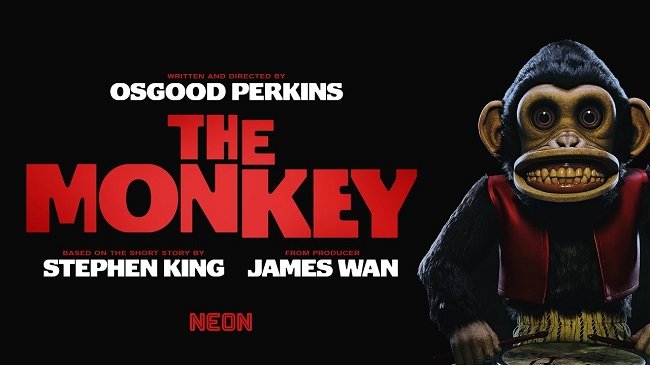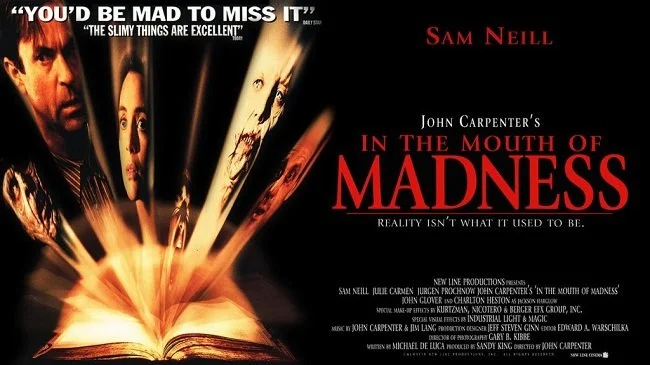The Night Flier (1997)
The key to success in the horror genre is to try and find an innovative new angle on tried and tested themes and tropes. The Night Flier is an often-overlooked gem, that takes a unique perspective on vampirism and features strong performances as well as an intelligent and thoughtful screenplay. It builds a sense of foreboding during it’s first two acts and teases audiences with some unpleasant prosthetic effects, courtesy of KNB EFX Group. The climax of the movie is both thought provoking and suitably unpleasant. Furthermore, The Night Flier even manages to make a coherent criticism of tabloid culture and morals of those journalists working in the industry. It’s a damn shame that this modest but well-crafted genre movie didn’t get the attention it deserved when it was initially released in 1997.
Jaded and cynical tabloid reporter Richard Dees (Miguel Ferrer) initially refuses the job of investigating a violent murder at a remote private airfield. So his boss and editor of Inside View (a National Enquirer style publication), Merton Morrison (Dan Monahan), assigns the case to rookie reporter Katherine Blair (Julie Entwisle). When it becomes apparent that there is a serial killer using the network of small, rural airfields and flying under the alias of Dwight Renfield, Dees takes over the assignment. However, Morrison asks Katherine to follow Dees as he’s grown tired of his ego and insubordination. As Dees uncovers more information regarding “The Night Flier”, he starts receiving warnings from the killer himself to stop his investigations. It soon becomes clear that there may well be more to the case than meets the eye and that Dwight Renfield is not a mere serial killer but a vampire.
There are several standout aspects of The Night Flier. The first and most important is the strong lead performance by the late Miguel Ferrer who excels as the journalist Richard Dees. Exactly what is his motivation beyond doing whatever is needed to get the story, is left intriguingly vague. Dees is a bitter and heartless character, but he’s driven and surprisingly good at what he does. Then there’s the intriguing use of the network of small, private airfields that exist across North America and the entire sub-culture of having a pilot’s license. It’s an aspect of life that is unknown to many people. And then there’s our undead antagonist, Dwight Renfield. There’s a fine line between being vague and insubstantial, compared to creating a sense of the enigmatic and uncanny. Yet director Mark Pavia manages to tread such a path, providing only a smattering of implied history for the villain of the piece, while maintaining our interest rather than indifference.
Overall, The Night Flier is a good and faithful adaptation of Stephen King’s novella with the only major creative difference being the bleaker ending adopted for the movie. It serves not only as a fitting and inevitable conclusion to the story arc, but also as an acerbic indictment upon the iniquities of tabloid journalism. All of which leaves Richard Dees philosophy on journalism ringing in one’s ears. "Never believe what you publish and never publish what you believe". Twenty-six years on from its initial release, word of mouth and a revised critical assessment means that The Night Flier is finally reaching a wider audience. In a world filled with so many poor and indifferent adaptations of Stephen King’s work, this “diamond in the rough” is an entertaining and engaging alternative and worth the time of discerning horror fans.




























